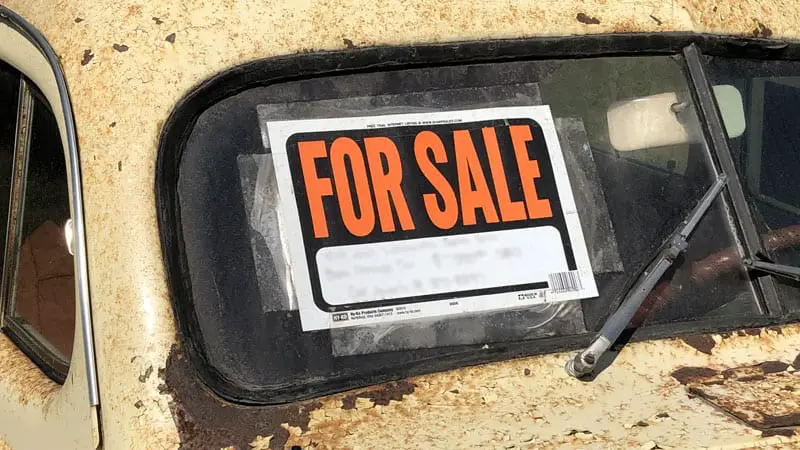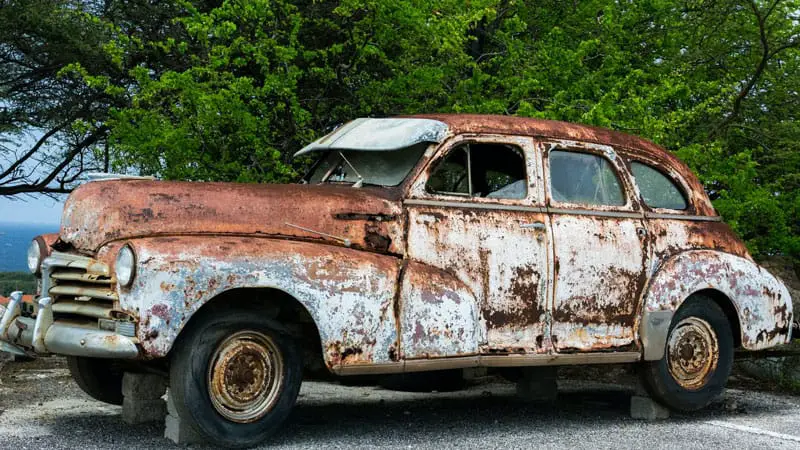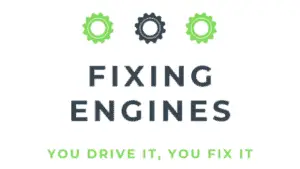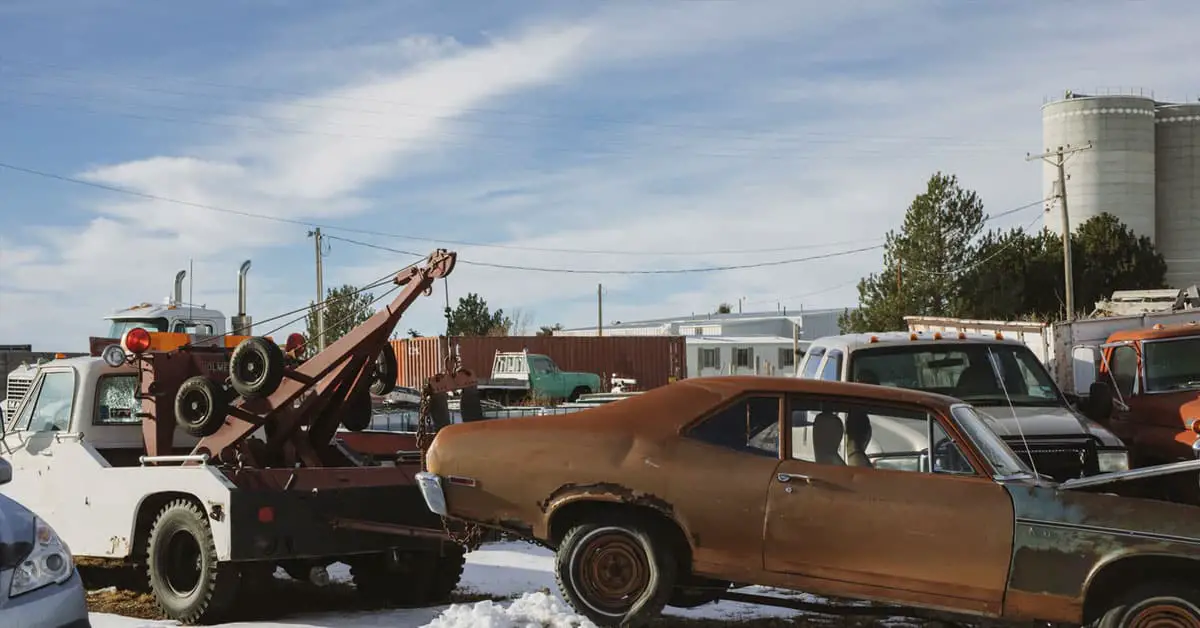When it comes to buying a new car, there are two things involved. You can either purchase the vehicle by paying upfront with cash. Another option is to finance the new vehicle with a loan. No doubt, nothing beats buying your car by paying cash for it upfront.
However, you need to understand that there are a couple of benefits attached to buying a new car on finance. One of them is that you can always get a reduction in tax with a financed car. Apart from that, it will also allow you to save money for other things.
As we all know, accidents can happen anytime and anywhere. So, here’s a burning question; what will happen when a car dies while the loan remains unpaid?
If your vehicle dies near the end of the loan agreement, the car’s fair market value will be higher than the amount you owe. In this case, your insurance company will be responsible for sending the settlement check to the lender. The auto lender will only deduct whatever you owe; sending you a check for the balance.
You need to understand that a couple of things are involved when your financed vehicle gets totaled while you’re yet to settle the debt. Did the car die near the end of the financing agreement? Did the incident happen near the beginning of the financing agreement? The answers to these questions will determine whether or not you will pay partly for the loan.
In the rest of this post, I will share everything that you need to know about financed vehicles. So, without further ado, let’s get down straight to business.
What Can You Do if You Owe Money on a Car that Doesn’t Run?

A lot of factors can cause a car to become totaled even when you’re yet to settle the loan you took to finance it. For now, I won’t be going deep into the causes of the damage to the car. Instead, here’s a burning question; what should you do if your car stops running and you still owe money?
As earlier mentioned, to answer this question, we need to consider two different situations. The first one is if your car gets totaled near the end of the financing agreement. The second option is if the car dies near the beginning of the loan agreement.
Here’s a question; what exactly makes these two options different and what do they have in common?
Fair Market Value (FMV) and the amount you still owe – those are the two factors that make the two options mentioned above differ. The only thing, however, that the two options have in common is that you’ll have to pay the auto lender the rest of the money regardless of your current situation.
Here’s a quick illustration; let’s say you took money from an auto lender, gambled with it, and ended up losing everything. Will you, because of the misfortune, decide not to pay back what you owe? Here’s the fact; regardless of what happens to the vehicle; you need to pay up whatever loan you took to finance it.
In most cases, vehicles financed with a loan need full coverage insurance to protect their values. If this is the case for your financed car, then the insurance company will be in charge of setting most of the debt. Let’s take the two options mentioned above one at a time and see what happens.
- The car gets totaled near the end of the financing agreement
In a situation where your vehicle gets totaled at the end of the financing agreement, you’ll most likely have the car’s fair market value exceeding the amount you still owe.
As previously mentioned, if the car is fully insured, the insurance company will first need to check for the fair market value of the vehicle. The company should proceed and send the settlement check to the auto lender after getting the car’s exact FMV.
In this first option, the FMV is usually higher than the amount remaining to pay. Since that’s the case, the auto lender will only deduct the remainder of the loan. After that, they’ll send you the difference between the remainder of the loan principal and the check value they got from the insurance company.
- The car gets totaled when the financing agreement is still fresh
The second option is when the car stops running when the financing agreement is still fresh. In this case, the vehicle’s FMV will slightly be lower than the loan amount.
We both know that cars tend to depreciate over time. Let’s say you took a $30,000 loan to finance the vehicle. After a couple of years, you still owe about $25,000 while the vehicle’s fair market value rolls down to $22,000, depending on the car’s working conditions.
The insurance company will only send $22,000, which happens to be the car’s FMV, to the auto lender. If that happens, you’ll need to pay the remaining $3,000 from your pocket.
What Happens if Your Car Blows Up and You Still Owe Some Money?

It’s exceptionally rare for a vehicle, especially modern models, to explode. That said, if your car blows up, it could be that one of its components or more is affected.
If the vehicle is repairable, the insurance company will pay for the cost of repairs, only when it’s 80 percent or less of the value of the car. Anything above that, the car will be declared as a total loss.
Is It Possible to Return a Financed Car?
Yes, depending on several factors, you can always return a financed vehicle.
First, if you can no longer meet up with the monthly payment, you can always return the vehicle. Another reason to return a financed car is if you’re planning to relocate to another place, where the car will be useless.
That’s not all; you can always return a vehicle if you found out shortly after purchasing it that it’s defective. Your success in returning the vehicle will depend on the time limit and lemon law in your state.

